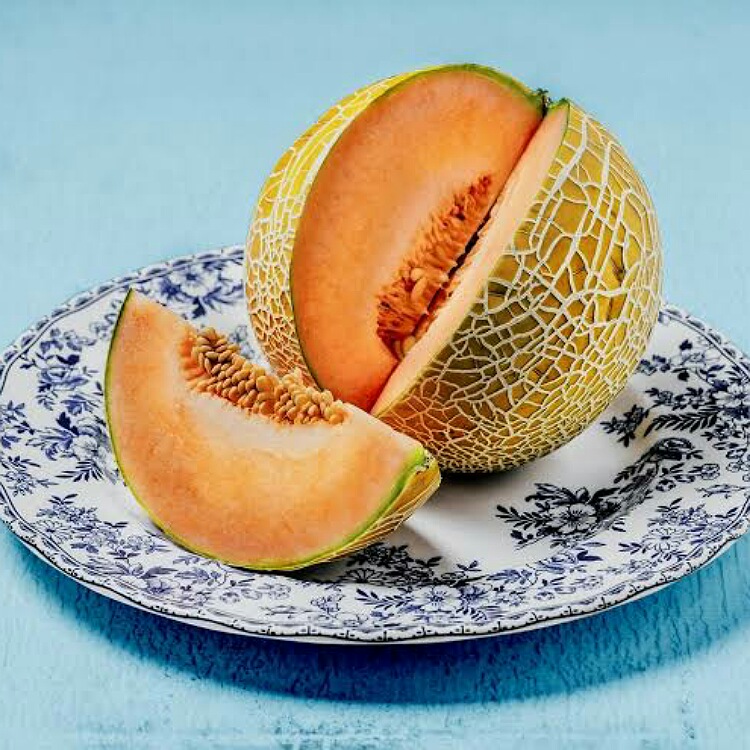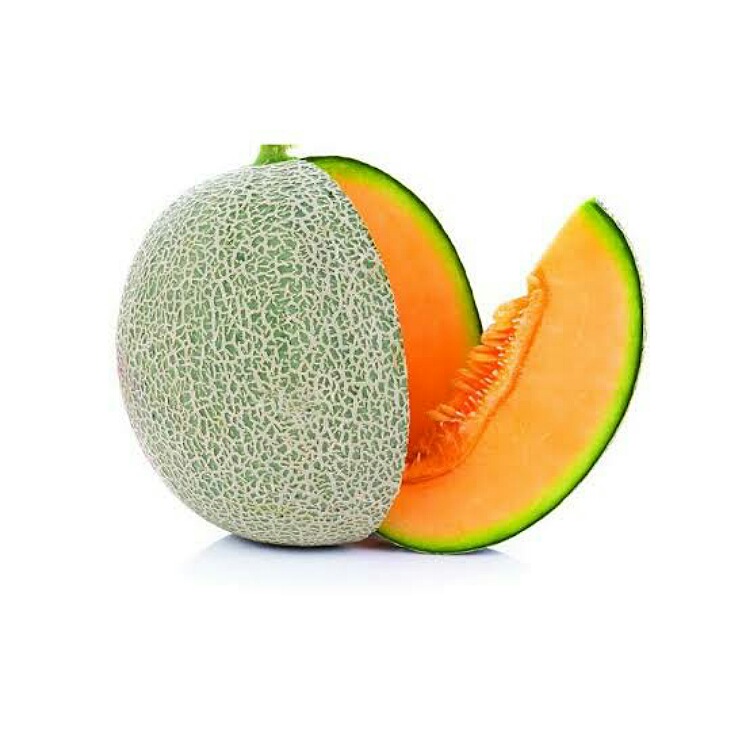Having fruit/s in your daily diet is awesome because they are packed with nutrients. Cantaloupe fruit is one such fruit that is enriched, delicious, and healthy.
Cantaloupe fruit
This fruit is a type of musk melon that is sweet and odd-looking. Its other names are sweet melon or Rock melon. These belong to the Cucurbitaceae family.
They are available in different sizes and shapes. Their weight can be anywhere from 500 g to 5 kg.
Cantaloupe is produced worldwide. In 2016, its production was around 31.2 million tons. The maximum of this produce, around 51% was from China.
It is also grown in Europe, the USA, Turkey, Iran, and Egypt. In the USA, California has the maximum production. It grows nearly 75% of the cantaloupes in the USA.

Nutrition values
Cantaloupe defeats many other orange-colored fruits in beta-carotene content. This amount in it is higher than apricots, grapefruits, oranges, tangerines, peaches, nectarines, and also mangoes.
Studies have shown that its beta carotene content is similar in amount to that of carrots. Beta-carotene is a pigment that imparts the orange color to fruits and vegetables.
After ingestion, it is converted to vitamin A which is good for eyesight, red blood cell formation, and immune function. It also serves as an antioxidant and prevents cellular damage. It mops up the free radicals and protects against DNA damage.

Cantaloupe has ample vitamin C in it. 1 cup of cut cantaloupe fruit provides 100% of the daily recommended vitamin C intake. This helps in blood vessel formation, collagen synthesis in the body, cartilage, and muscle health.
It protects the respiratory tract from colds. Its role in cancer, asthma, and diabetes is under study. Cantaloupe also has folate or vitamin B9. It prevents neural tube defects in babies and reduces the risk of cancer and memory loss with age.
90% of cantaloupe comprises water. This is good for digestion, kidneys, and heart. It also has fiber. This provides fullness after meals, reduces weight, and improves bowel movements.
The risk of heart disease and diabetes is also lessened. Its potassium level is adequate. This helps in blood pressure maintenance, heart health, nerve function, and muscle contraction.
One cup of cut cantaloupe has only 1.5 grams of protein. Other minerals in it include vitamin K, choline, niacin, selenium, manganese, magnesium, phosphorus, copper, zinc, and calcium. It has no fats and only 60 calories in 1 cup serving.
Ways to consume cantaloupe
Cantaloupe is a sweet fruit. One can peel it and cut the pulp into pieces and eat. You can mix it with other fruits and make a fruit salad. Sprinkle some salt and some spices over it for extra taste.
You can have it at breakfast as juice. Blend cantaloupe with honey and lemon in water. Or you can have it as a smoothie. Smoothie can be made by adding cantaloupe pulp to Greek yogurt with a natural sweetener.
You can add it to the food salad. For it, dice cantaloupe and mix it with mozzarella, onions, basil, olives, and red wine vinegar. You can also roast and have them. One can also make a dessert or ice cream with it.

Also, read Four fruits that are best for heart health!
One should wash the surface of the fruit under free-flowing water before using it. Once cut, store it in the refrigerator and consume it within 3 days.
